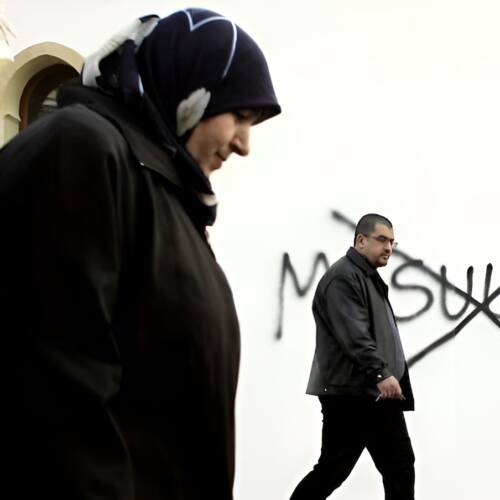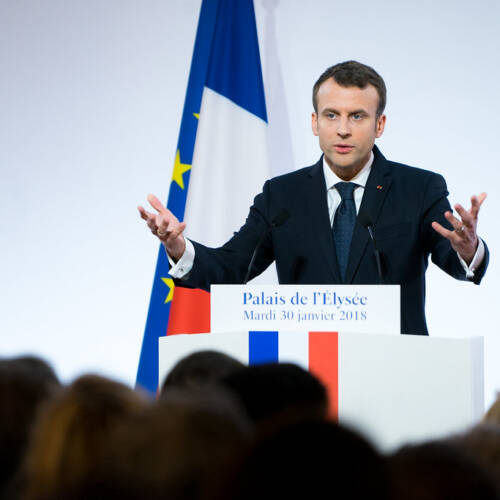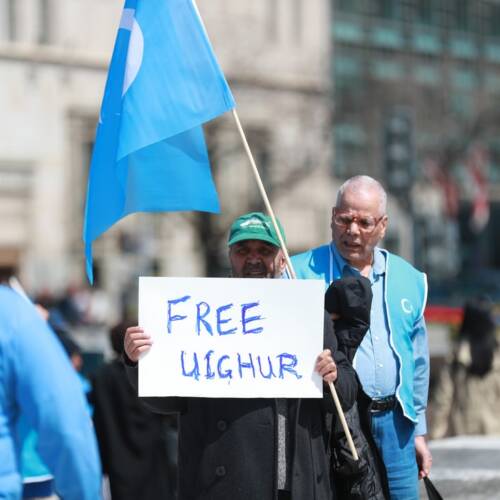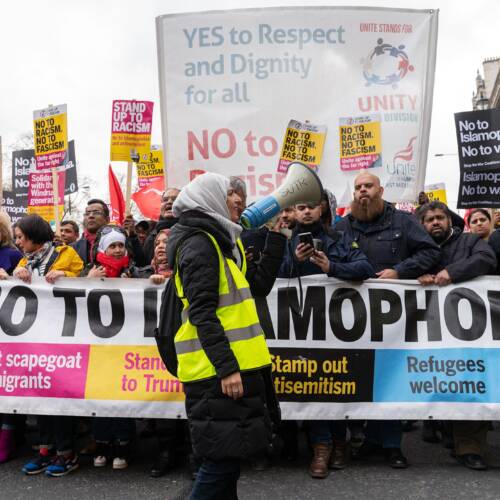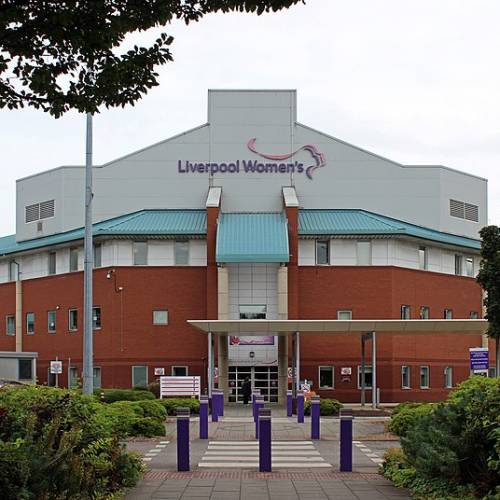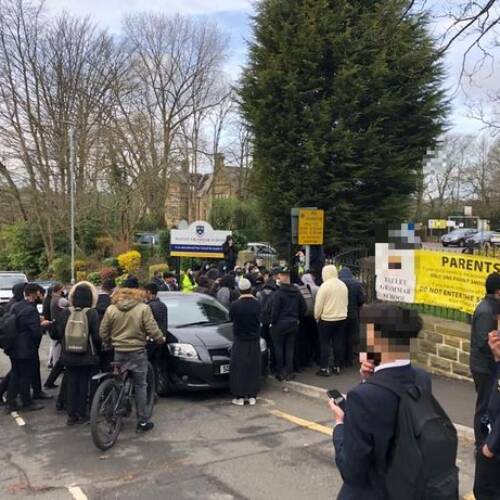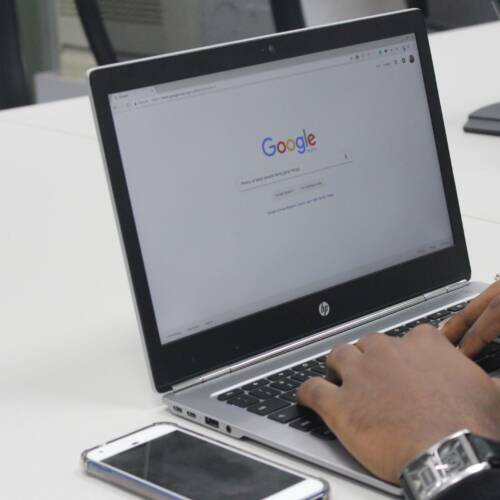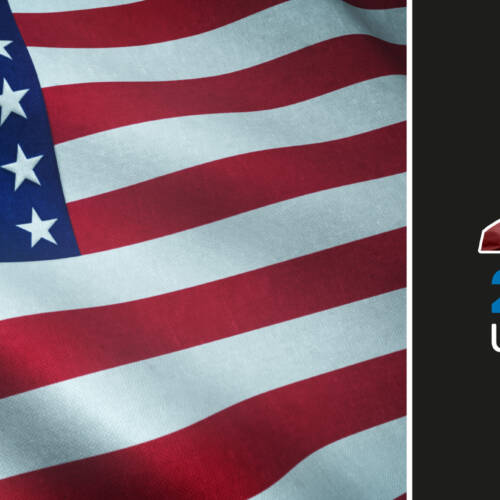
Brexit and Political Division – the Rise of Far-Right Extremism, Islamophobia, and Xenophobia
31 Jan 2020Shortly after the Brexit vote in 2016, Dr Salman Al Azami, a lecturer at Liverpool Hope University, wrote that “if the initial aftermath of the Brexit referendum is anything to go by, then the future of British Muslims is going to be turbulent to say the least.” With 31 January finally upon us, the day that Britain officially exits the EU, Dr Azami’s comments still ring true more than three years later: the future has been turbulent for British Muslims.
The discourse around Brexit has fostered division that is evident for all to see. We have witnessed increased targeting of Muslims and other minorities and migrants, both in the media and on the streets.
Although reports suggest 3 out of 10 Muslims voted ‘leave’ for various reasons including national sovereignty, and even immigration, the debate on Brexit has been hijacked by far-right groups, opening up space to legitimise nasty rhetoric on topics such as faith, immigration and coexistence. These groups have capitalised on the debate and used it to strengthen their racist narratives.
According to the Institute for Economics and Peace (IEP), far-right terrorism is on the rise and has increased by 320% in the past five years. While we have an idea of what the far-right stands for, and who people like Tommy Robinson are, it can be difficult to truly define the ‘far-right’. Though in most cases, they share at least one, if not all, of three core strands: the belief in cultural, religious and ethnic supremacism, and the marginalisation of those who are seen as culturally, religiously or ethnically different to them.
Back in the day, far-right groups framed their language using more open racism, claiming that ethnic minorities have lower IQs, or arguing for the need to preserve “white nations,” as the BNP’s manifesto once stated. The so-called new right promotes the notion of cultural incompatibility, asserting that religious and cultural differences make the integration of immigrants into society impossible.
While the large majority of people would disagree with such claims, the impact of these groups has unfortunately been felt throughout our society. In recent years, I have directly witnessed the emergence of groups like the EDL and Britain First. I remember the EDL rallying in my hometown of Luton in the early 2010s, and I remember Britain First carrying out a provocative march through Luton’s Bury Park in 2016.
Since then, the post-Brexit climate has only emboldened these groups further, as they have incorrectly used the language of Brexit to justify their hate-driven agendas. They continue to demonise Muslims, and their approach has left no space for dialogue. Only further division. Discussions regarding important issues, such as community, integration and culture have become unapproachable – only to be discussed at the margins of society, and without any clarity, reason or amicability.
On top of this, the climate of division and polarisation has unfortunately seeped into the mainstream, including our politicians. It is the responsibility of any Prime Minister to ensure that communities are safeguarded from the aggression of hostile groups such as the far-right. But when our Prime Minister likens women wearing burkas to letterboxes, or when Nigel Farage makes disparaging comments about immigrants, it only perpetuates the negative cycle of racism and hate in our society, and has everyday implications for Muslims and others in this country.
As Muslims, we have personally felt how this rhetoric has real-life consequences. In the four days immediately after the referendum, hate crimes reported to the police increased by 57%. According to the Home Office’s own statistics, hate crime offences rose by 17% in the year following the Brexit referendum. This increase of attacks, fostered by the division surrounding the Brexit debate, along with the inflammatory rhetoric expressed by politicians and the media, has created a sense of fear amongst Muslims living in the UK. Members of my community have themselves reported numerous cases of attacks. One woman had her burka ripped off on the street, and other members have often spoken about receiving verbal abuse from passing vehicles.
So the question is, what does the future hold? We need to work on overcoming societal and community issues by creating safe spaces to discuss real concerns that have now surfaced. These discussions must take place in an open and tolerant environment. We cannot let extremists on any side take control of the discussion.
A key part of the solution is to ensure that Muslims show their participation in politics and society. We need to lobby the government to provide more support and security to Muslims in light of increased attacks, ensure that we overcome these divisive issues, and begin healing the divisions that have arisen within our society after Brexit.






